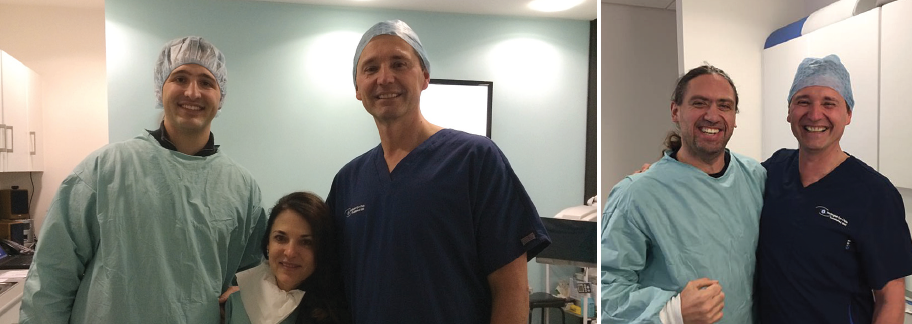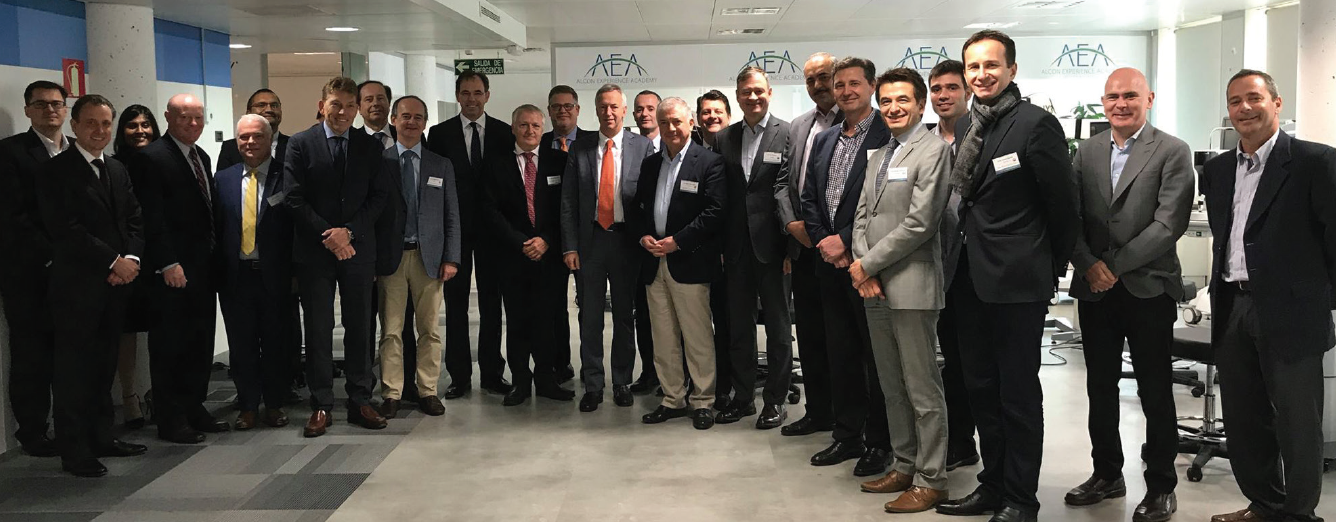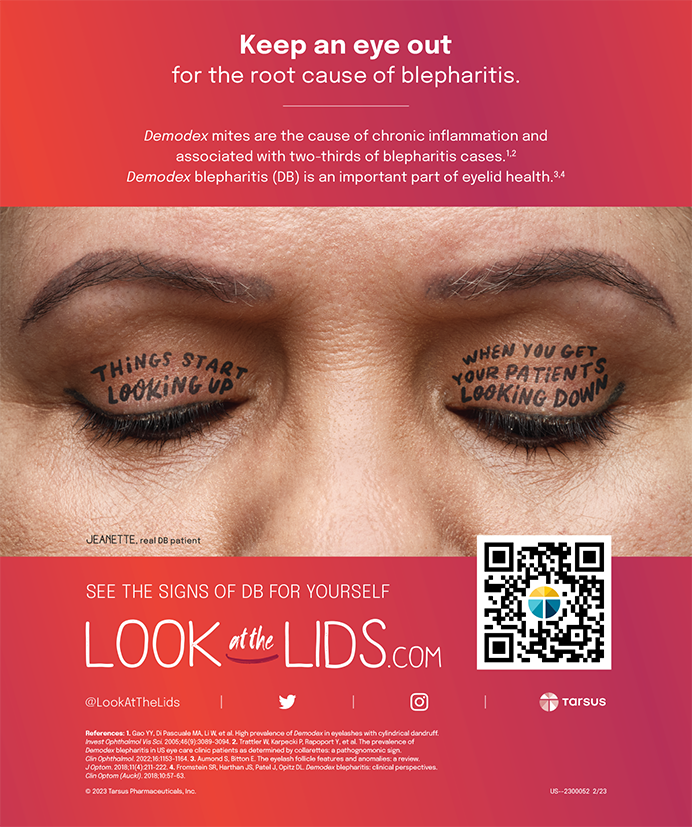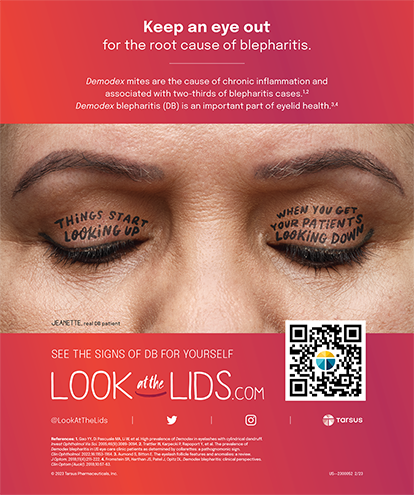Dublin-based ophthalmologist Arthur B. Cummings, MB ChB, FCS(SA), MMed(Ophth), FRCS(Edin), sees participation in industry advisory boards as opportunities to interact with CEOs, scientists, engineers, technicians, and inventors who can help energize his engagement with patients. He recognizes that his patients are the ultimate beneficiaries of the novel developments that spring forth from these idea incubators. In this article, Dr. Cummings explains how working with industry gives him opportunities to touch more lives than he would ever be able to in clinical practice.
I was pleased to be invited to be one of the earliest users of the »WaveLight laser (now Alcon) in the world—that is essentially how I began working with industry. I was subsequently asked to participate in developing a nomogram to be used for laser refractive surgery called the Wellington nomogram, named after our practice, the Wellington Eye Clinic. As that work progressed, I began enjoying more time with the engineers and service technicians and becoming more familiar with how the devices worked. This led to a placement on the company’s laser advisory board, the WaveLight Beta Sites.

Dr. Cummings with his son Brendan and his wife Sandy, after Sandy’s LASIK procedure in 2014 (left); after recently performing refractive surgery on Michael Mrochen, PhD (right).
This was a rather exceptional situation; eight surgeons from around the world—and technicians, engineers, scientists, and inventors—would get together regularly and talk openly and honestly about the technology. Discussions could be critical sometimes, but it was all about trying to make the product better.
…
My opportunities in industry grew from there. Once Alcon acquired WaveLight, their people subsequently invited me to join other advisory boards within Alcon. Now I serve on numerous advisory boards, and I enjoy it enormously it for many reasons.
Reason No. 1. I enjoy working with industry because these meetings are not echo chambers. Typically, when a group of physicians gets together, everyone says the things that are expected, and the responses to those assertions are also what everyone expects. However, when you are in a diverse group of professionals as with these advisory boards, it can be a very creative space. You may pick up something interesting from one of the engineers and be able to apply it in your own daily practice.

Dr. Cummings (sixth from right) at a recent Alcon Experience Academy.
Reason No. 2. Participation in advisory boards is a way of keeping your day-to-day tasks interesting because you are always at the cutting edge. I enjoy that dynamic; the discussions can transfer to your work day, and your patients are ultimately the beneficiaries of your additional interest, focus, and perhaps even excitement.
reason No. 3. I have a larger platform to share my unbiased experience with others. I have never worried about ethical concerns or being unduly influenced by industry. When I make a presentation about a particular technology, I write the presentation: Those are my words and my thoughts. Yes, I run it by the company and it is reviewed by regulatory and compliance departments, but that has not influenced any of my presentations thus far. I share my experience of using a company’s technology, and I am comfortable with that. I have never encountered a situation where so-called company speak was requested of me. If I did, I simply would not do it if my message and the company’s message were not aligned. When a company asks me to advise on a product or service, I take it seriously. I want the company ultimately to conclude that my knowledge and involvement provided them with long-term value.
reason No. 4. I learn from the professionals that I get to work with. They are CEOs, CTOs, CSOs, and people with great skills, often leading large organizations. I learn so much from them, and I can sometimes apply what I learn to my own clinic.
reason No. 5. I can touch more lives. I like being a part of these advisory boards because there is a limited number of hours in daily practice, and that means I can have an impact on only a limited number of patients. Conversely, when I participate in an advisory board, our work could lead to the birth of a new device or a new application of current technology. As a result, I become involved with touching 5 million lives, rather than just my own patients’. I could not do that in 100 years in clinical practice, and that adds to the whole experience for me personally.




